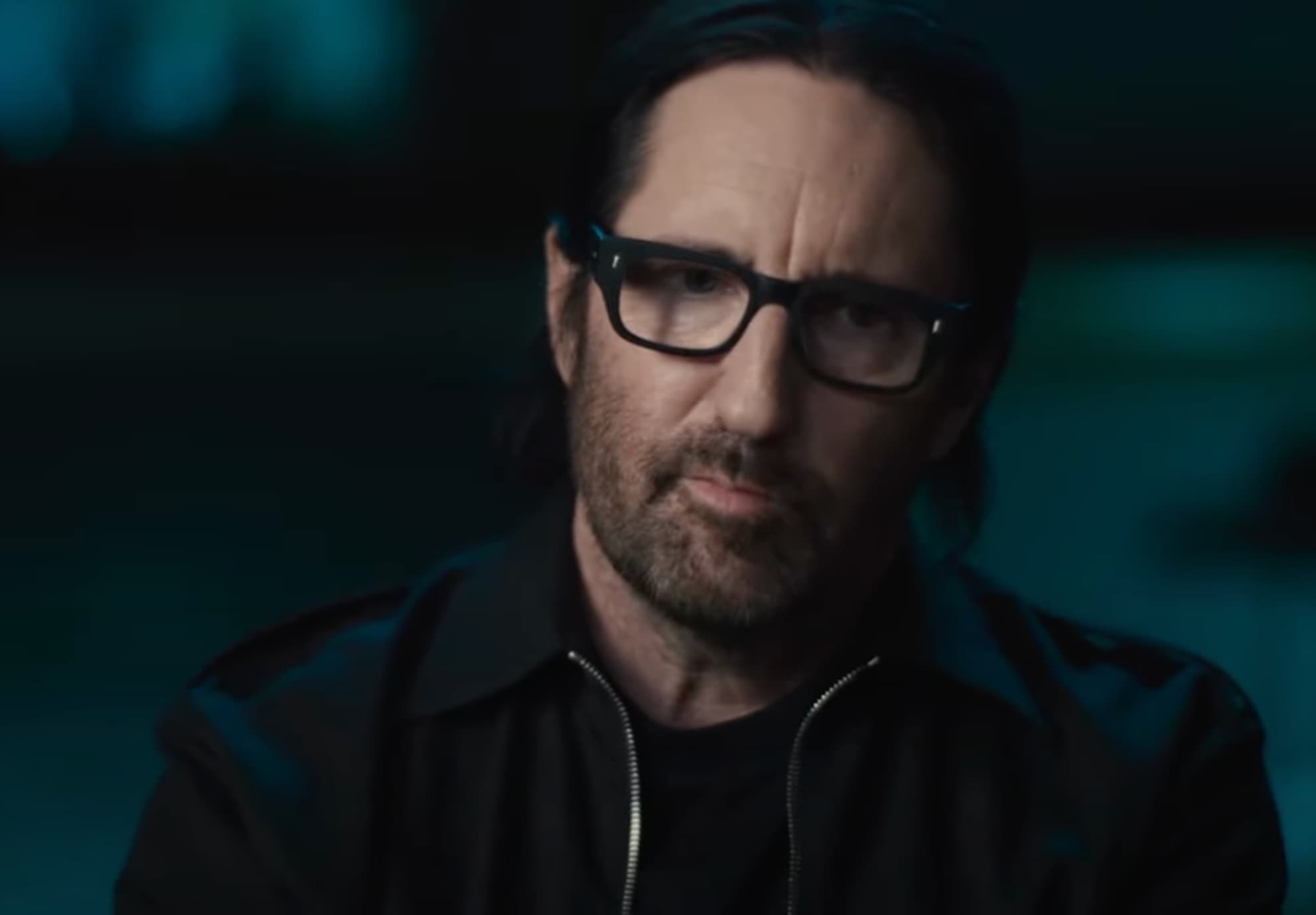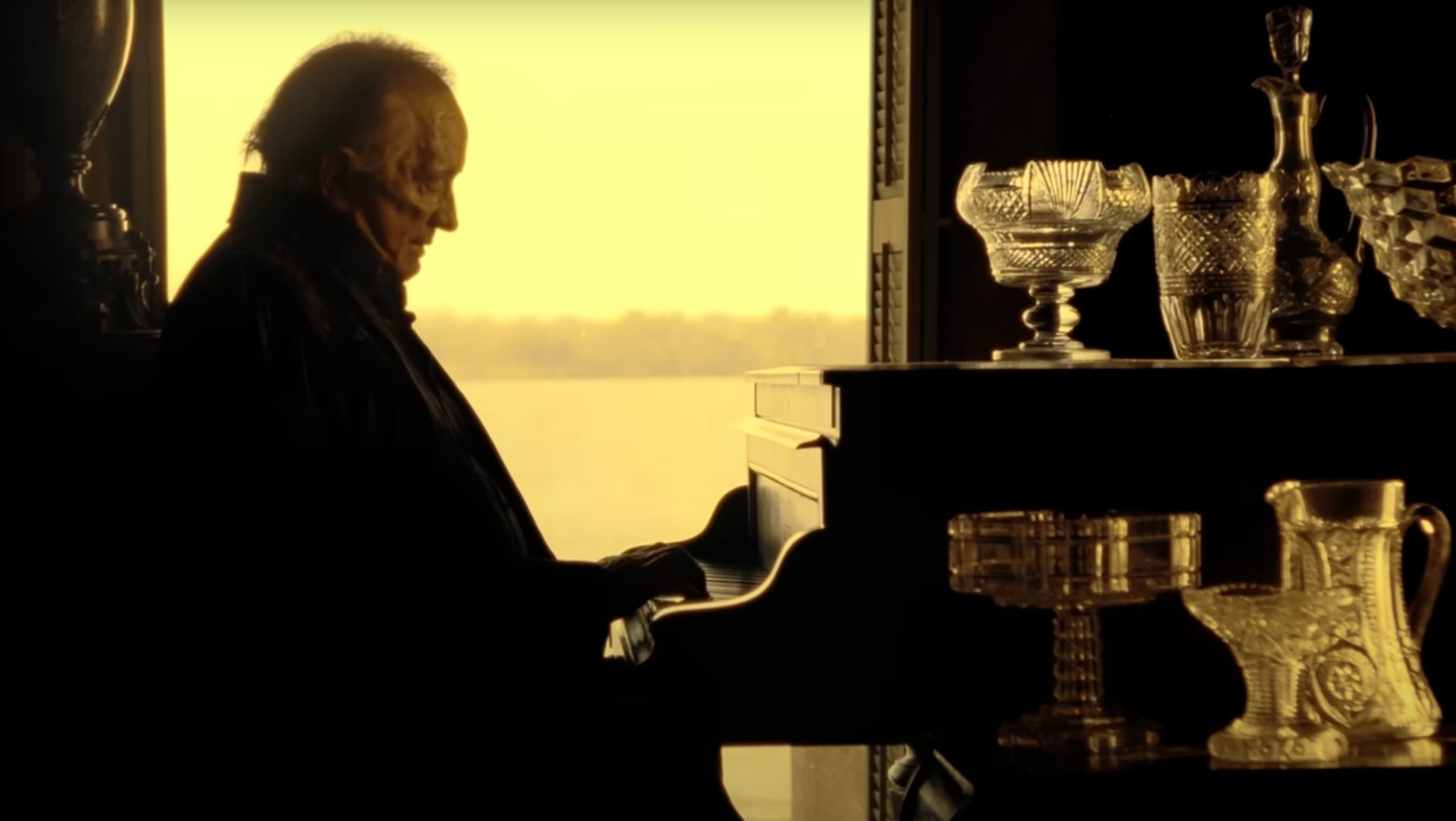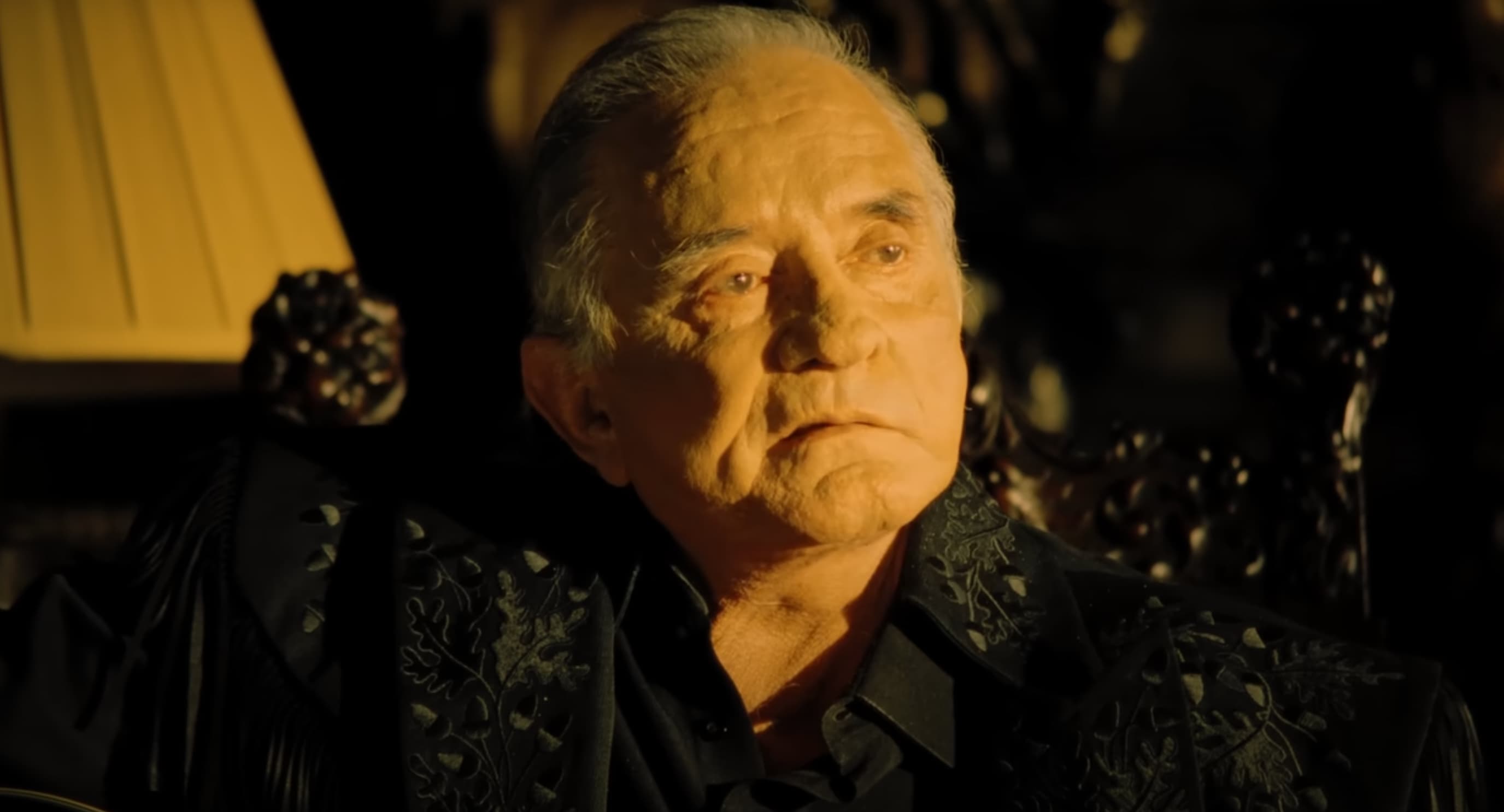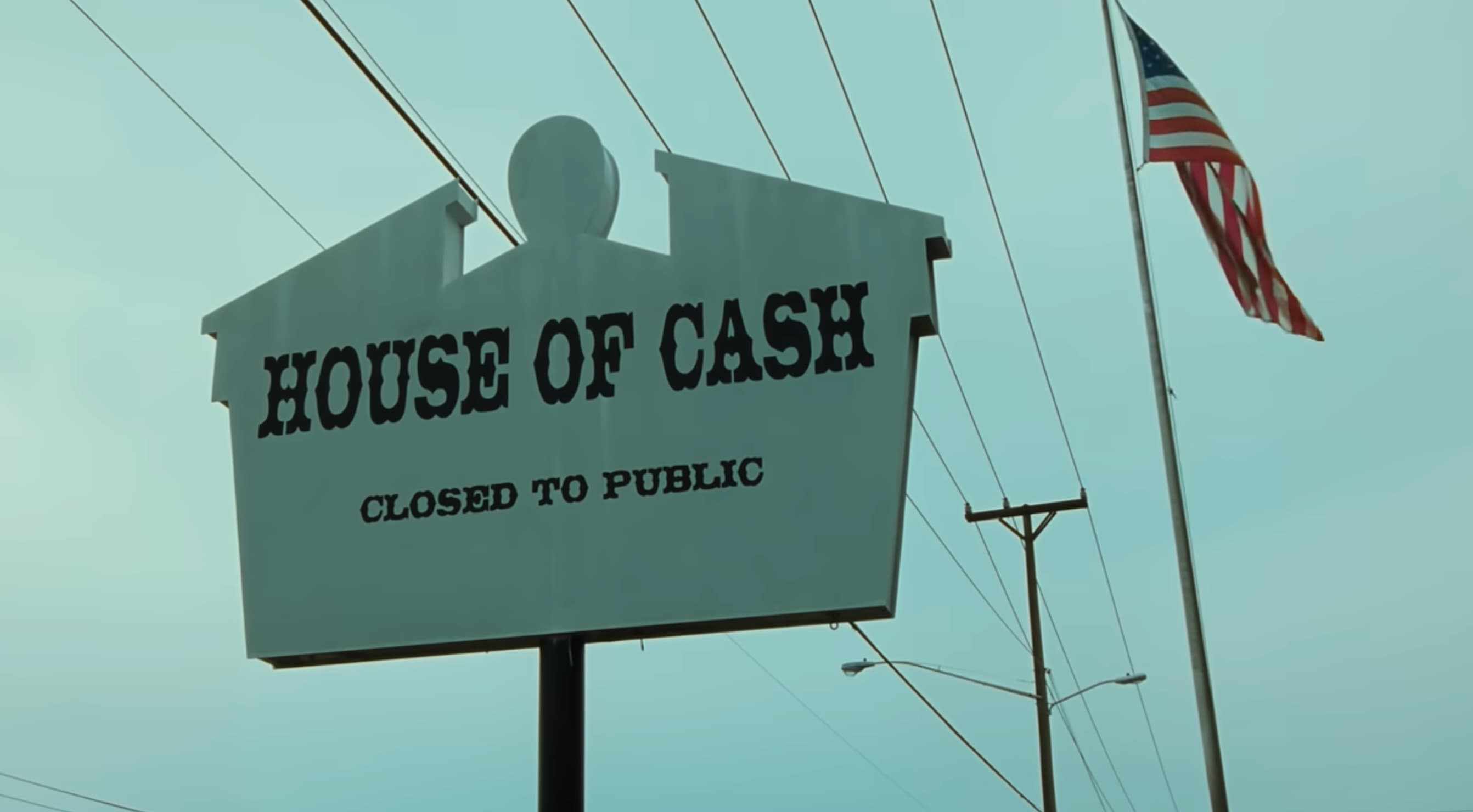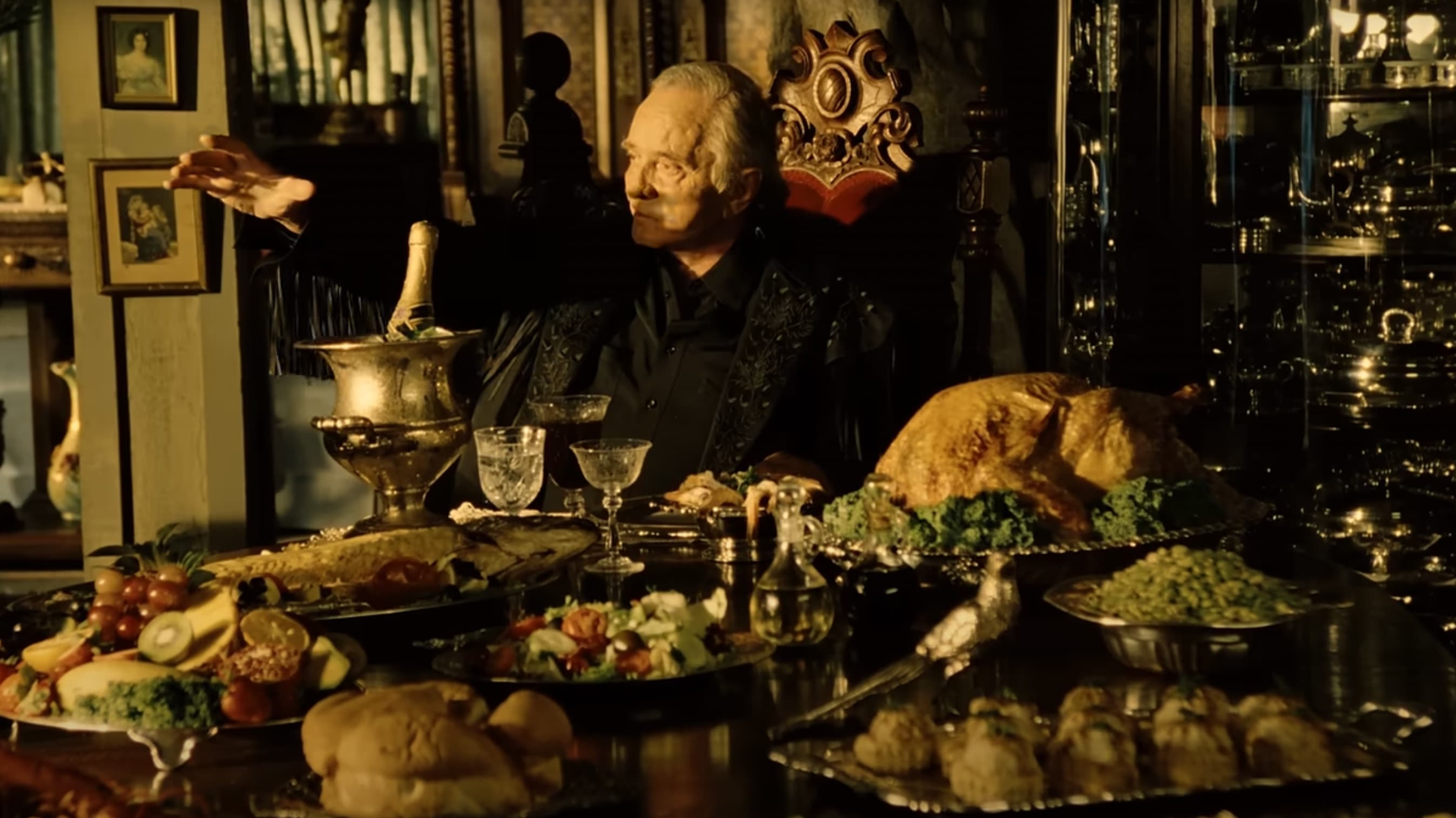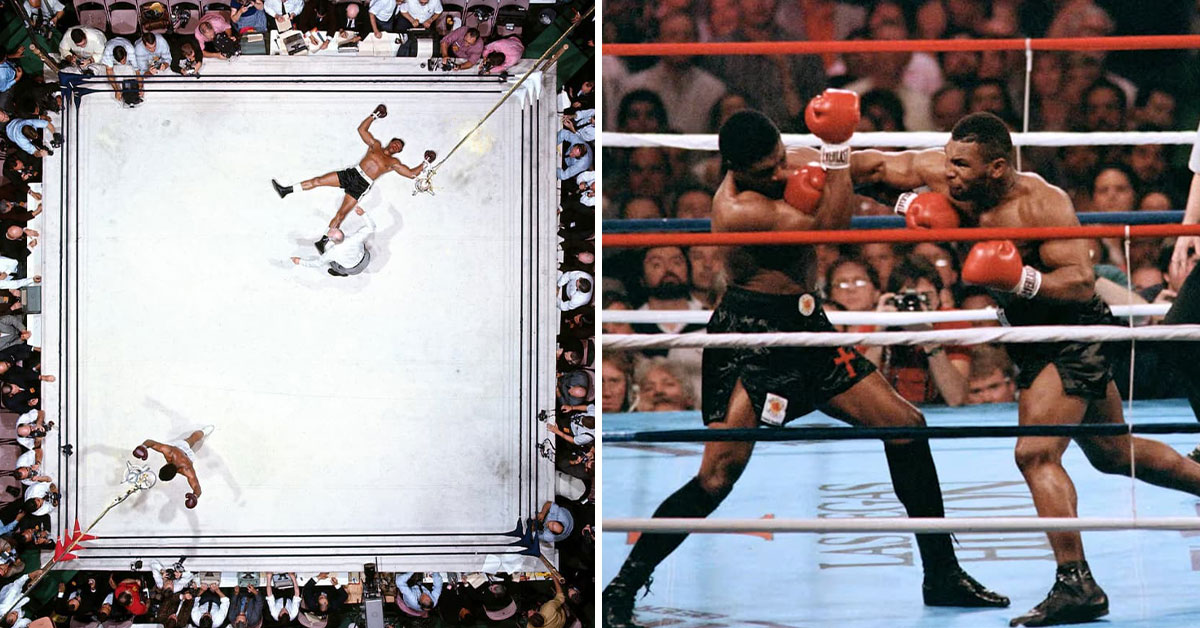10 Pics Telling The Story Of Johnny Cash's Cover Of NIN's 'Hurt'
They could have it all ...
Published 11 months ago in Wow
Though Trent Reznor may have penned "Hurt," the final song on Nine Inch Nails' 1994 album, The Downward Spiral, Johnny Cash sent it into the stratosphere. Bringing his hardened country sound to the industrial hit, Cash's cover not only served as a final defining moment in his decades-long career, but also reminded Reznor as to the "power of music."
From the song's origins to the music video's ongoing legacy, here ar 10 pics telling the story of how Johnny Cash covered Nine Inch Nails' "Hurt."
2
The Origins
The final track on Nine Inch Nails’ 1994 concept album, “The Downward Spiral,” the song grapples with themes like addiction and self-loathing. Trent Rezor, the band’s frontman, later said the song spoke “to the core” of his struggles with feeling as though he had lost his identity amid his rise to fame.
4
Cash Calling
Years after “Hurt’s” release — the track serving as one of Nine Inch Nails' defining works — Reznor said he received a call from record producer Rick Rubin asking if Cash could “try” covering the song. “It seemed weird,” Reznor said of his decision to give Cash and his team the green light. “I assumed they were probably doing 100 songs.”
5
Taking His Time
Initially, Reznor said he wasn’t quite sold on Cash’s rendition. “A few weeks later, a CD shows up with the track,” he told artist Geoff Rickly during an interview with Alternative Press. “[I] put it on and give it a cursory listen. It sounded... weird to me. That song in particular was straight from my soul, and it felt very strange hearing the highly identifiable voice of Johnny Cash singing it.”
6
Intimate Works
Though Reznor admitted that Cash had created “a good version” of his song, the work's personal subject matter seemingly clouded his view of the finished piece. “I certainly wasn't cringing or anything, but it felt like I was watching my girlfriend [sleep with] somebody else," the artist shared.
7
It’s All In The Video
The music video, however, quickly changed Reznor’s tune. Directed by Mark Romanek, who had previously collaborated with Nine Inch Nails, the montage highlighting the highs and lows of Cash's life seemingly moved the alternative artist, so much so that he proverbially gave the song to the country legend.
9
The House of Cash
Filmed at the House of Cash museum in Nashville, Tennessee, Romanek cited honesty as a key theme in creating the now-legendary music video. “It had been closed for a long time; the place was in such a state of dereliction,” he explained of filming with Cash, then 71, at his former headquarters. “That's when I got the idea that maybe we could be extremely candid about the state of Johnny's health, as candid as Johnny has always been in his songs.”
10
He Could Have It All
Though Cash would ultimately pass away months after filming, the song emerged as one of the most powerful works of his career. Winning the 2004 Grammy Award for Best Short Form Music Video and earning several other honors in the decades following its release — including being voted the second greatest cover song of all time by BBC in 2014 — Reznor heralded Cash’s take on the song as “kind of epitaph for his life.” “[it] reminds you of the power of music and how important it is,” he said.

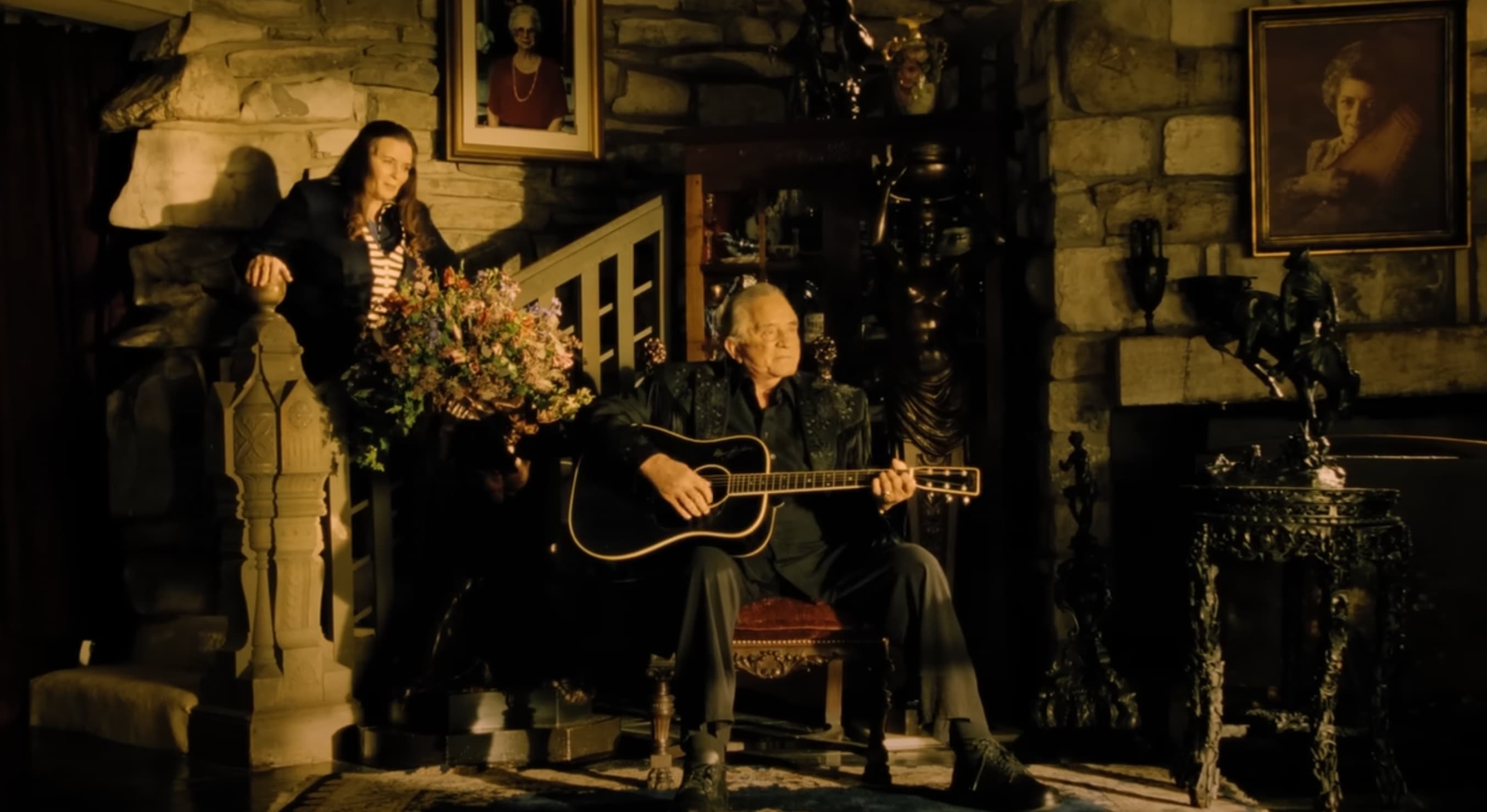
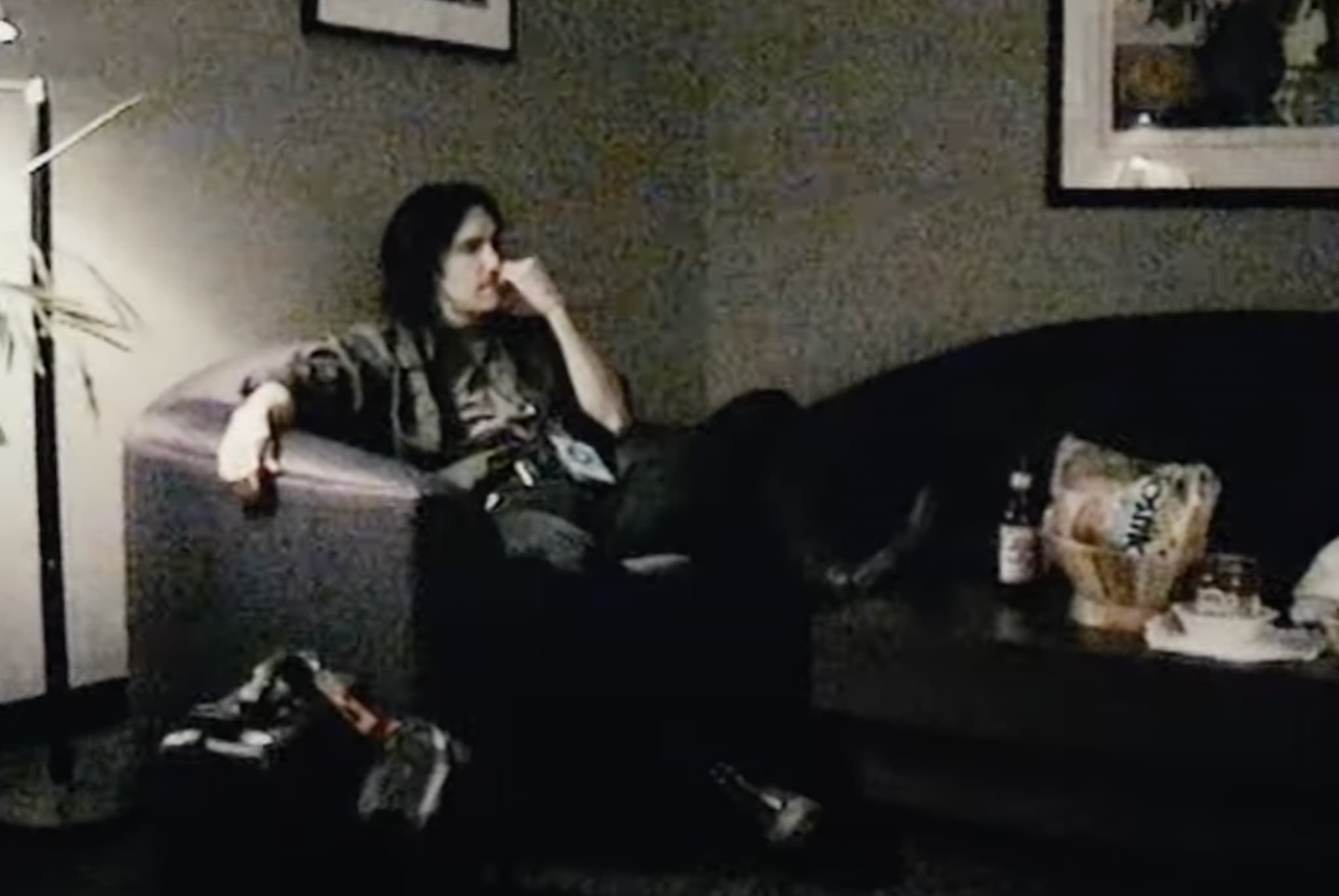
.jpg)
.jpg)
.jpg)
